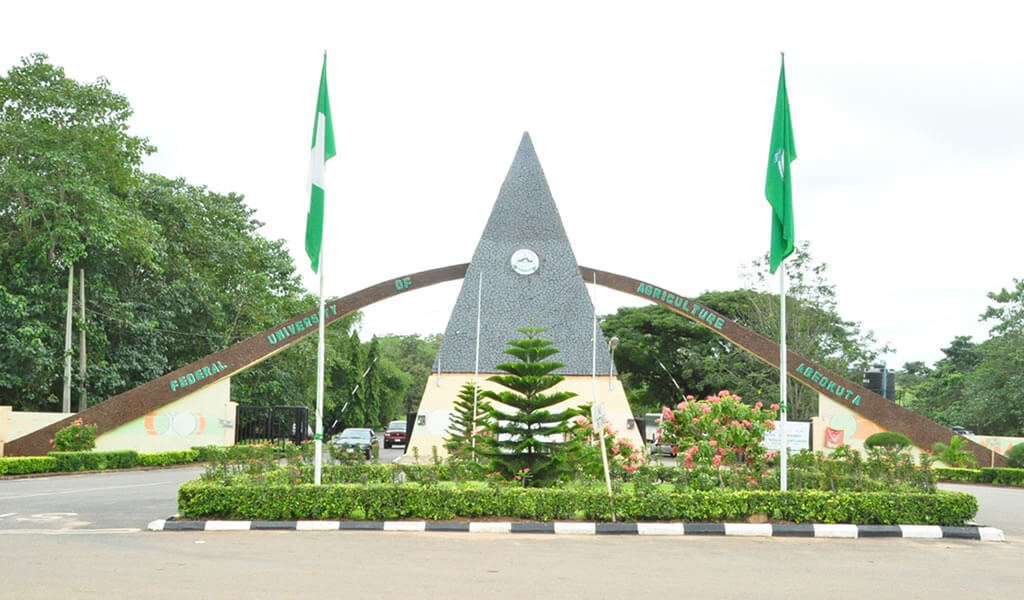SOFTWARE ENGINEERING
PHILOSOPHY
Nigeria (and indeed sub-Saharan Africa) represents virgin territory for the software industry and the field in turn presents huge opportunities for the region within the context of an expanding global economy. It is well known that the software industry is the only one that wealth can be created from zero or near-zero capital – only intellectual capital is needed. There is therefore the need for Nigeria to grow its own crop of software engineers as a force for sustainable socio-economic development.
This is to be achieved through:
a. Broad–based foundation in Computing, Science and Engineering and Technology
as well as specialized knowledge and practice in Software Engineering;
b. Practical exposure to application of Software Engineering to problem solving;
c. Adequate training in human and organizational behaviour and management in the
software development life cycle;
d. Developing in the product’s entrepreneurial knowledge, a sense of public
responsibility and a spirit of self-reliance
e. Nurturing of partnership between the institution and the software industry for
effective programme delivery.
f. Creating an awareness and understanding of the moral, ethical, legal, and
professional obligations needed to function as part of the computing ecosystem
while protecting human health and welfare and the environment in a global society.
g. Creating an awareness and understanding of the need to develop leadership and
team building skills to maximize the benefits of Software Engineering education
and its application to solving problems.
AIMS/OBJECTIVES
The specific objectives of the Software Engineering programme for students are to:
a. appreciate the importance of computer science as a base algorithm, data structures, databases, and programming languages;
b. develop and utilize the practical skills acquired in software architecture and design,software metrics, verification and validation, requirements, and analysis and the software engineering process to produce software-based systems;
c. develop expertise in programming in several different languages with emphasis on the production of robust, reliable, cost-effective, and secure codes that are based on sound design and development principles and adapted to the needs of a developing and emerging economy such as Nigeria in a technically professional manner;
d. be able to exercise original thought, have good professional judgment and be able to take responsibility for the execution of important tasks as programmers, 3 analysts, software developers, web developers, software consultants, system administrators, IT project managers, system engineers and entrepreneurs, etc.
e. be able to produce and manage high-quality software-based solutions with long life cycles especially for large or complex systems;
f. develop the understanding and engineering and entrepreneurial skills needed to become the architects and project leaders building systems in which software plays a critical role.
RATIONALE
Special efforts have been made to tailor the programme to the rapidly evolving software industry in Nigeria and Africa in general especially in the following areas:
a. Development of skilled software engineers in mobile applications and web development;
b. Rigorous training on how to effectively manage software projects in highly challenging circumstances;
c. Grooming of software engineers with specialised skills in Software Engineering but very broad knowledge on the entire computing discipline.
The critical importance and increasing proliferation of software systems in every aspect of human endeavour make it mandatory for today’s software engineers to have all the necessary employability skills they require in today’s competitive world. They include communication, teamwork and collaboration, negotiation and persuasion, problem solving, leadership, organisation, perseverance, motivation, confidence, and the ability to work under pressure.
INFORMATION SYSTEM
PHILOSOPHY
The Information Systems (IS) programme seeks to provide students with theoretical knowledge and practical skills in IT and how it can be used in modern organizations for decision making and business strategy. Also, to adequately equip our graduates to contribute to the development and exploitation of information systems and technology in organizations and the society.
AIMS/OBJECTIVES
This programme aims at producing graduates with the knowledge of integrating information system methodologies into business solutions to enhance enterprises meeting their respective objectives.
The objectives of the programme are to:
a. provide students with a broad knowledge and practical skills in Information system
to enhance organization’s business goals;
b. develop students in creating new products, services, and business models for the
purpose of self-employment;
c. generate in students an appreciation of the importance of information systems in an
industrial, economic, technological and social context;
d. develop students through a sound foundation in information technology as a basis
for further studies in information systems or multi-disciplinary studies involving
information systems;
e. prepare students for professional careers in Information Systems;
f. develop students with strong analytical and critical thinking skills to thrive within
the complex competitive global environment;
g. develop students with strong ethical principles and interpersonal communication
skills;
h. develop students with strong skills in teamwork and project management.
RATIONALE
The curriculum provides students with managerial and business skills as well as computing knowledge for effective management of information systems infrastructure and technologies to create business value in an enterprise organisation.
Management of information systems resources and provision of complete information for effective decision making when required is important to all stakeholders in an organisation. Graduates of information systems will possess the following skills among others, information organisation and retrieval, data analysis, business strategy, system security analysis, communication, and presentation skills.


